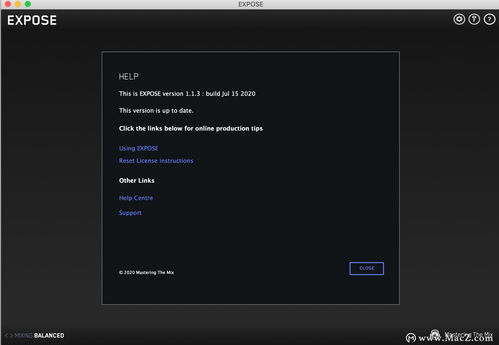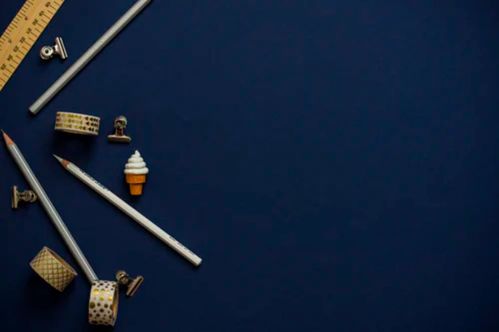Content:
In the world of angling, the skill of casting is fundamental to the success of any fishing endeavor. Whether you're targeting serene lakes, bustling rivers, or even casting from the shore, the ability to accurately and efficiently cast your line is crucial. However, what if you find yourself without a fishing rod? Fear not, for even without a rod, you can practice and improve your casting techniques. Here are some innovative ways to master the art of casting without a fishing rod.
Use a Stick as a Substitute
One of the simplest ways to practice casting without a rod is to use a stick. Find a sturdy branch or a straight piece of wood that is about the length of your desired casting distance. Hold the stick out in front of you, mimicking the grip of a fishing rod, and practice your casting motion. This method allows you to focus on the mechanics of the cast without the added complexity of a rod's weight and flexibility.
Practice with a Line and Weight
Another effective way to practice casting without a rod is to use a length of fishing line and a weight. Tie the weight to one end of the line and hold the other end in your dominant hand. This setup simulates the feel of a lure or bait at the end of your line. Practice your casting motion, focusing on the timing and rhythm of your movements. This method is particularly useful for understanding the importance of a smooth, controlled cast.
Focus on the Basics
Even without a rod, you can work on the fundamental aspects of casting. Pay attention to your stance, grip, and the mechanics of your casting motion. Stand with your feet shoulder-width apart, bend your knees slightly, and hold your arms out in front of you. Practice your casting motion, focusing on a smooth, continuous movement from the back cast to the forward cast. This will help you develop the muscle memory and coordination necessary for a successful cast.
Use a Throwing Technique
Many casting techniques can be adapted to throwing, which can be done without a fishing rod. For example, the overhand cast, which is commonly used in baseball, can be a great exercise for developing casting strength and accuracy. Practice throwing a ball or a soft object overhand, focusing on the same mechanics you would use for casting a fishing line.
Practice in Different Environments
To become a proficient caster, it's important to practice in various environments. If you're without a rod, find open spaces where you can practice casting without worrying about obstacles. This could be a large field, a beach, or even your backyard. By practicing in different settings, you'll become more adaptable and able to cast effectively in a variety of situations.
Use Video Analysis

If you have access to a camera or smartphone, record your casting practice sessions. Review the videos to analyze your technique and identify areas for improvement. Pay attention to your casting arc, the timing of your movements, and the angle at which you release the line. This self-analysis can be a powerful tool for refining your casting skills.
Join a Casting Club or Group
Many communities have casting clubs or groups that offer practice sessions and workshops. Joining such a group can provide you with the opportunity to learn from experienced anglers and receive personalized feedback on your casting technique. Additionally, practicing with others can be motivating and fun.
Conclusion
While having a fishing rod is ideal for practicing casting, it's not an absolute necessity. By using creative methods and focusing on the fundamentals, you can significantly improve your casting skills without a rod. Whether you're honing your technique for a future fishing trip or simply looking to refine your angling abilities, the techniques outlined above can help you become a more proficient caster. So, grab a stick, tie on a weight, and start practicing your casting today!












